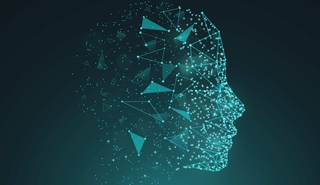
Time: M 1:30-3:20p
The world is currently rife with talk of a fourth industrial revolution, which is supposedly being inaugurated by recent developments in Artificial Intelligence (AI). What might an AI-induced shift in how we manipulate information, generate sound, create visual art (both still and moving images), and tell stories signify in the realm of culture, and what might it portend for our sense of who we are in the world? How should we situate AI, when viewed through the lens of culture at large, within the story of modernity? While the recent uproar concerning large language models (LLMs) in AI is only two years old, AI as a field has, however, existed for almost seventy years now. This course looks at AI and explore its relation with culture in a threefold way: through (i) historicizing (by looking at the historical cultural conditions that enabled or facilitated certain habits of thought or régimes of truth that led to present-day AI); (ii) analogizing (by tracing the similarities between patterns of expression in culture and developments in AI); and (iii) contextualizing (tracing how cultural artifacts have influenced AI’s directions and vice versa). The course’s orientation towards AI is critical, interpretive and analytical.